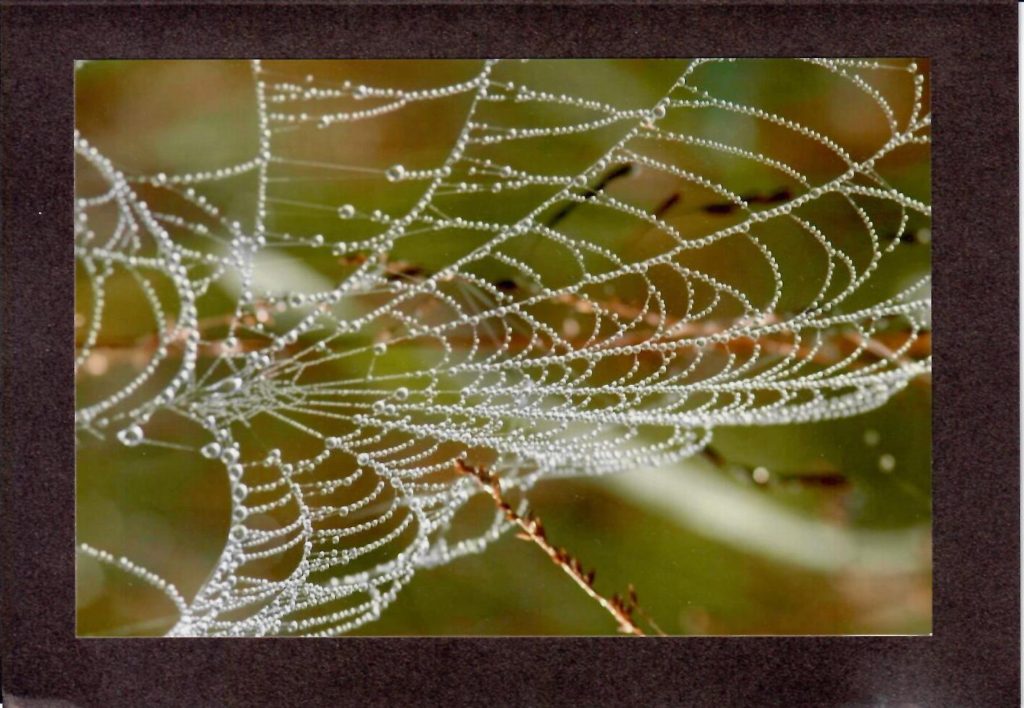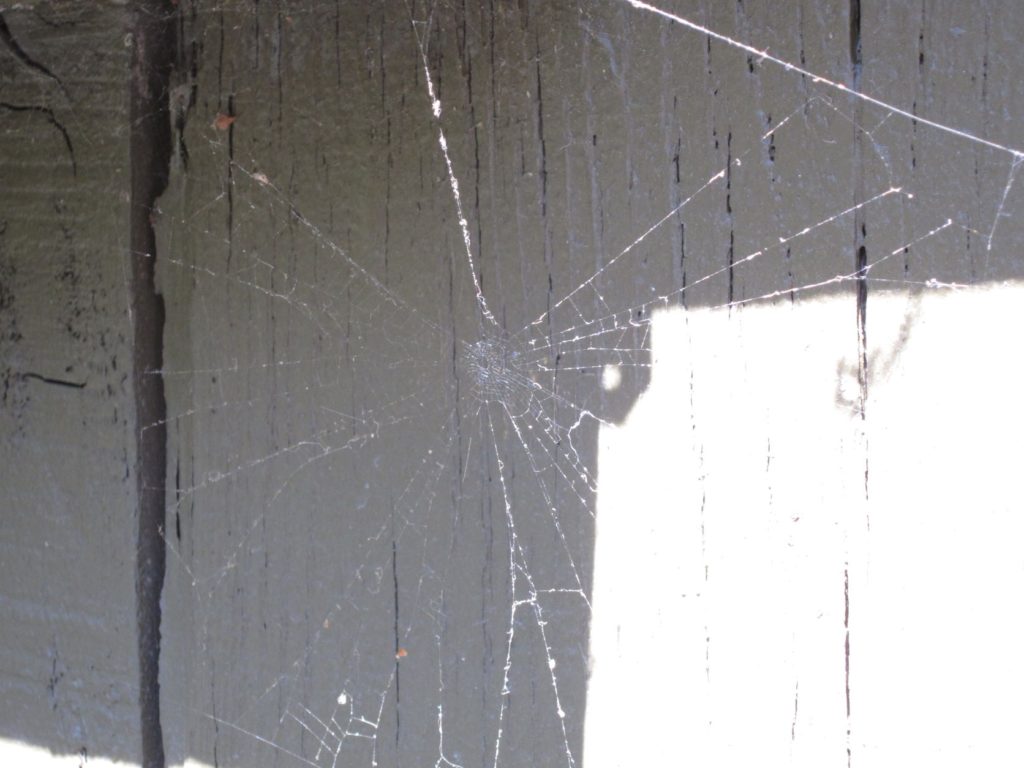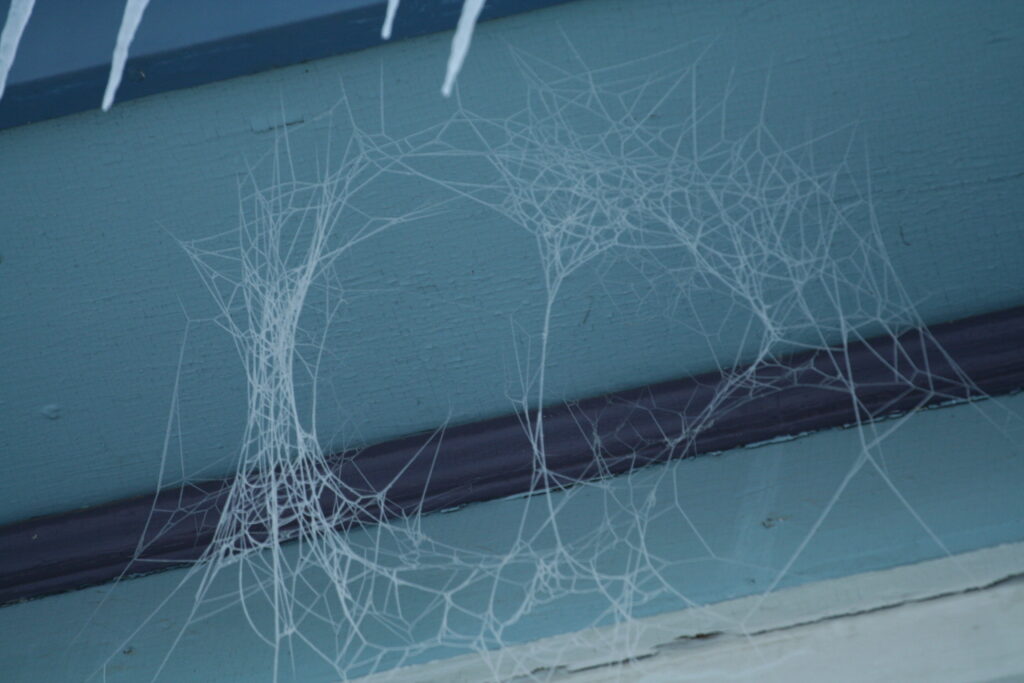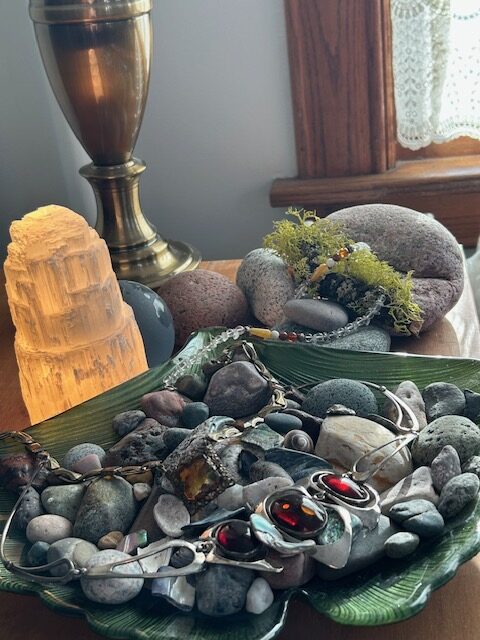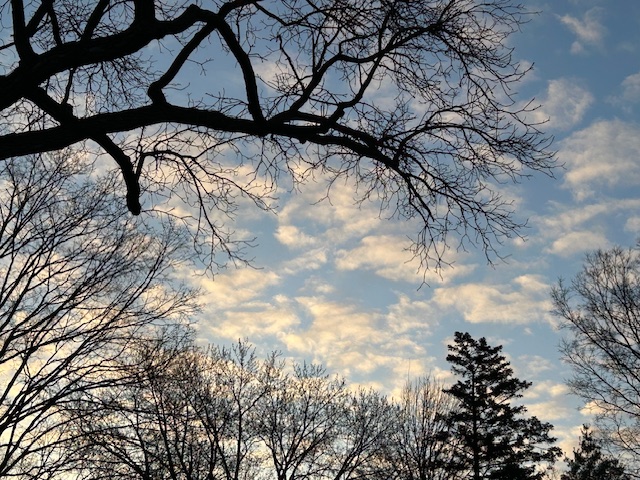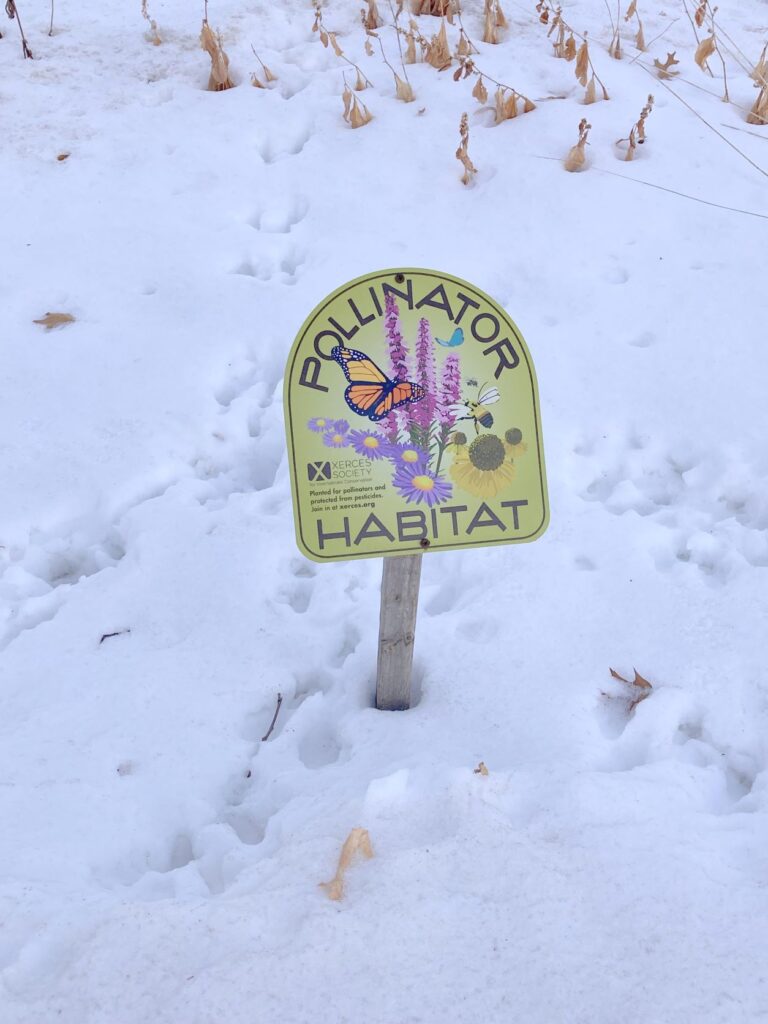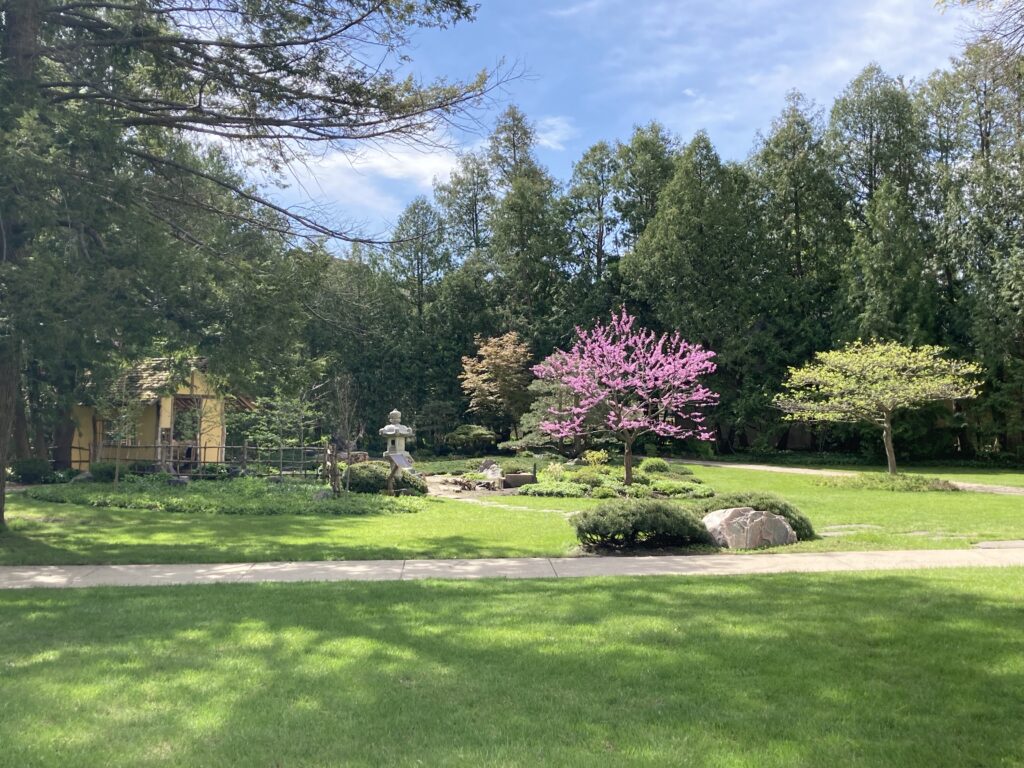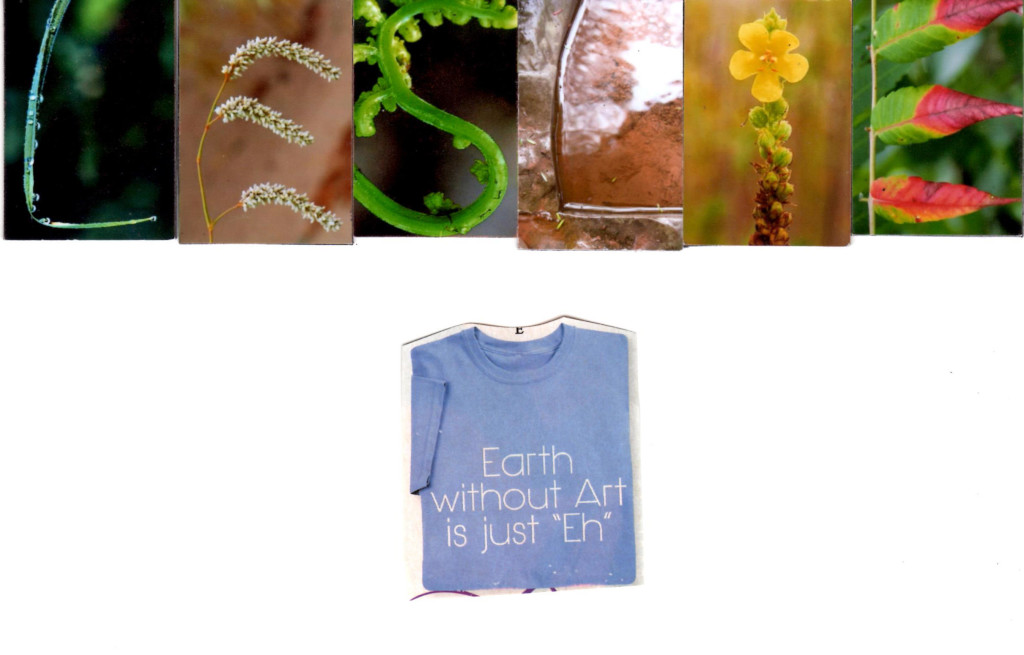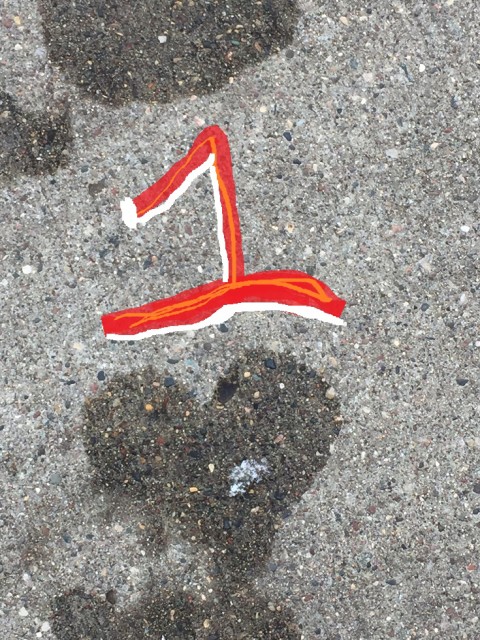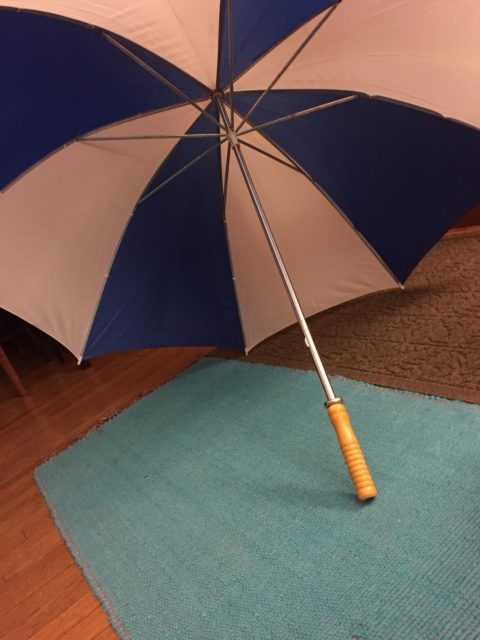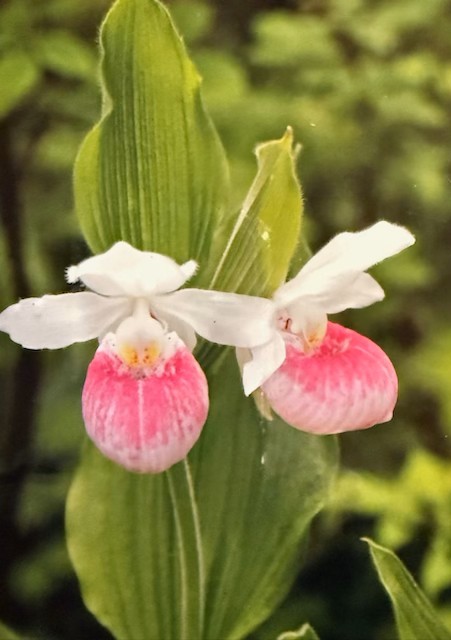
In 1902, the Showy Ladyslipper (Cypripedium reginae) became Minnesota’s State Flower. It was never common but now, due to loss of habitat, it is endangered. It has been protected for 100 years; sellers and growers–few and far between–require special permitting.
When I looked over the Rosendahl glossary for the letter G, I was delighted to see that a familiar astronomical term, “gibbous,” has a botanical application. A gibbous moon appears “swollen” somewhere in its cycle between half- and full- phases. In botany, certain plants, including the ladyslipper orchid, are also described this way. Once I knew that, I thought about the nutured (and legally sourced) ladyslipper I had encountered in my friends’ Northfield garden. The first time I saw it in bloom it bowled me over. This morning, as I came down the stairs, I saw the Gibbous Moon slowing sinking in the west. Today’s poem is an homage to these memories and to this plant, such an intricately beautiful harbinger of spring.
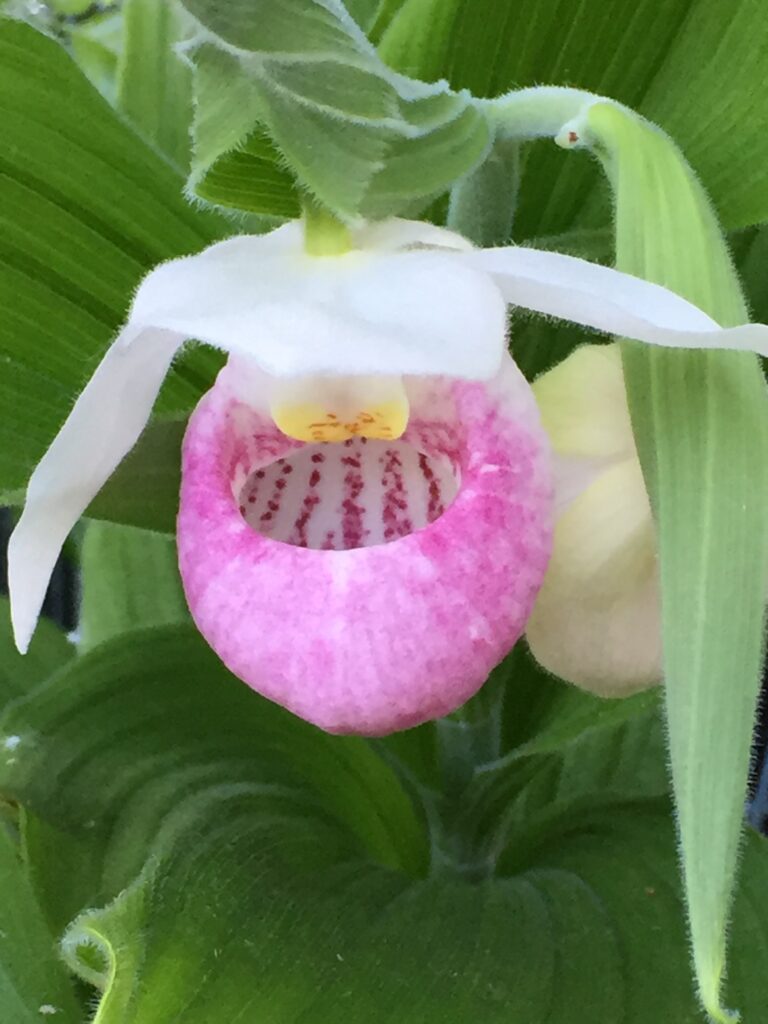
Hoping that you will see fresh signs of spring today!




